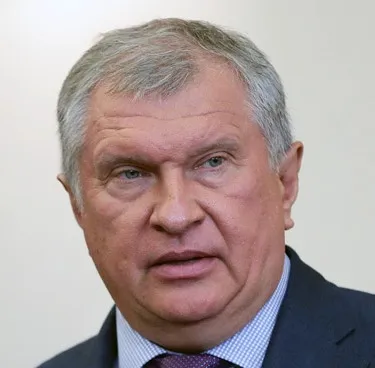Vankor and VR: A Story of Digital Transformation
At Rosneft’s Vankor field in northern Krasnoyarsk, a multifunctional training complex has been launched. Designed to prepare up to 1,300 specialists annually, the project is built on VR simulators and domestic IT solutions.
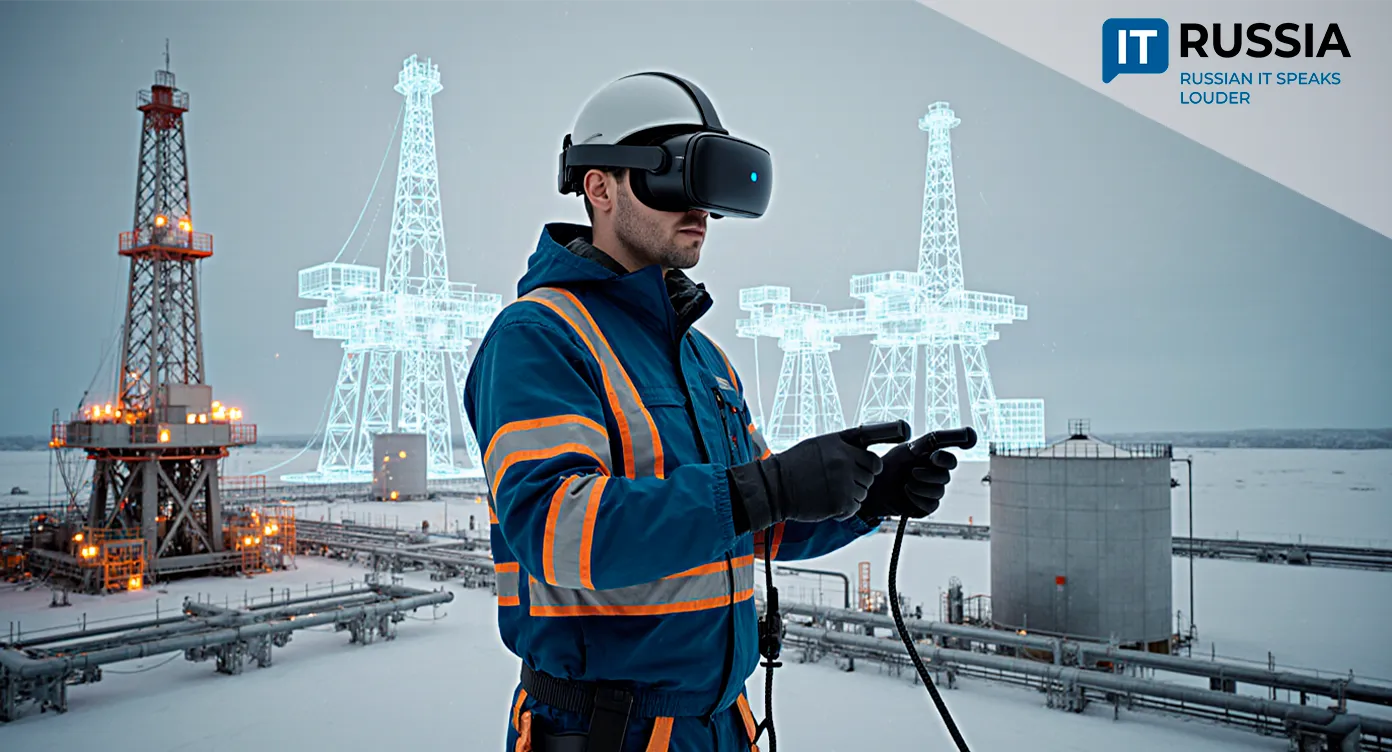
Oilfield Workers at Heights
The system is aimed at training oil and gas professionals for working at heights. It was developed using best practices and in strict compliance with safety standards.
Training takes place at a specially equipped site. The domestically developed simulator covers even the smallest types of high-altitude operations. Now, RN-Vankor has expanded the program with VR simulators. This enables employees to practice safe and correct sequences of actions that correspond to industry protocols for high-structure work.
These skills are critical for tasks on high-voltage lines, racks, tank farms, and in confined spaces. The training includes different safety systems and their applications, as well as specialized equipment such as restraint systems, rope access, and mobile or stationary anchoring lines.
Importantly, the practice takes place close to actual workplaces and under comparable conditions, ensuring training relevance for shift workers.
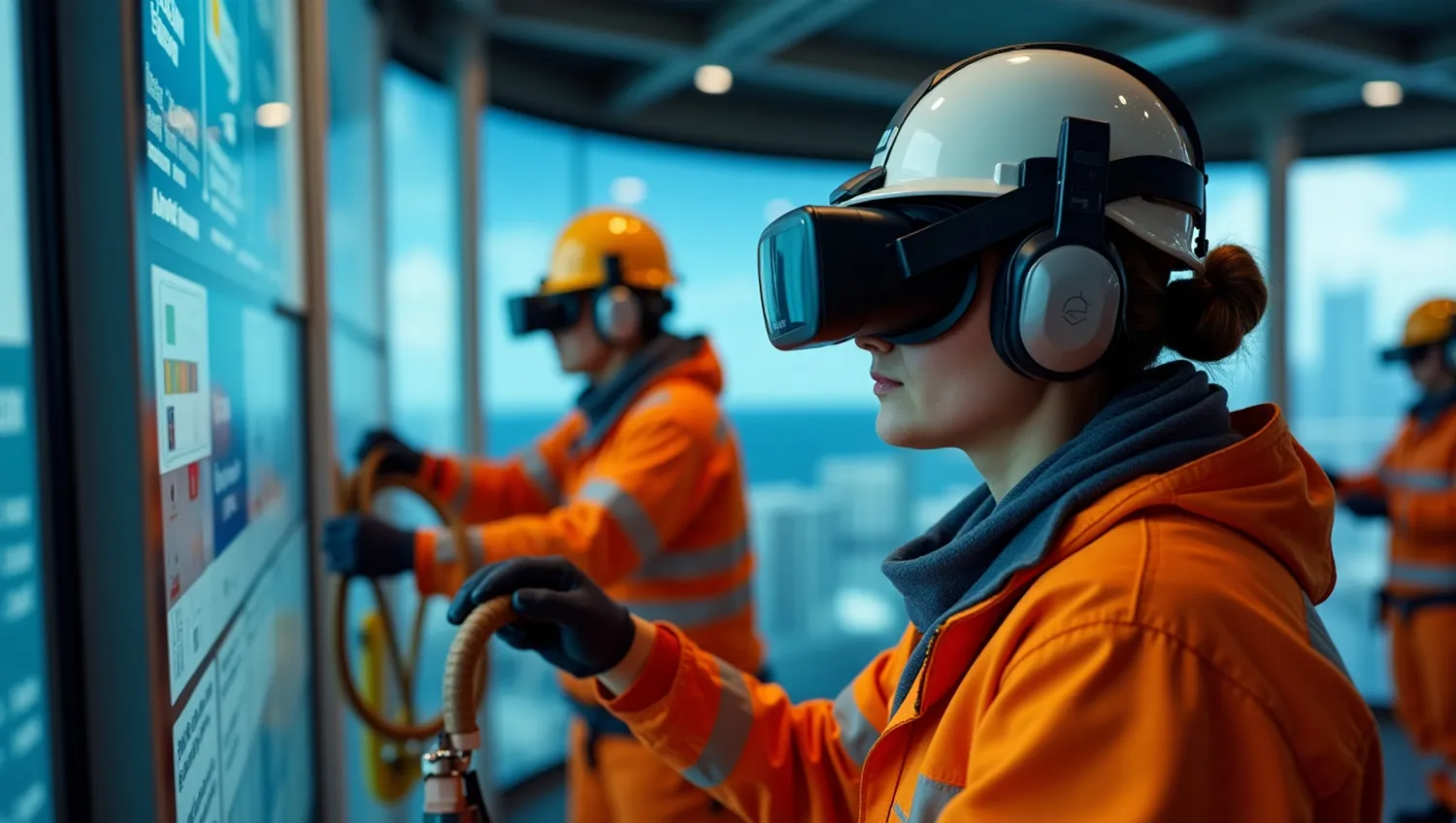
Maximum Safety
Global practice shows that investment in digital simulators pays off with a significant reduction in operational risks and costs. According to GlobalData analytics, the global VR/AR market in oil and gas is growing at double-digit rates, and industry leaders Shell and BP have used immersive simulators for years to train personnel for emergencies. Their statistics show VR training reduces workplace incidents by 30–40% and shortens new employee adaptation times by 2–2.5 times.
For Russia, with its harsh climate and geography, this is a particularly urgent issue. Rostekhnadzor reports that falls from heights remain a leading cause of workplace injuries. Transferring training for such critical skills into a safe virtual environment contributes directly not only to social stability but also to economic efficiency. Downtime of drilling rigs or repairs due to incidents can cost companies tens of millions of rubles (hundreds of thousands of dollars) daily. Implementing the Vankor complex is therefore a preventive measure aimed at minimizing such losses.
For Rosneft, ensuring safe working conditions remains a top priority—for its employees and for contractors.
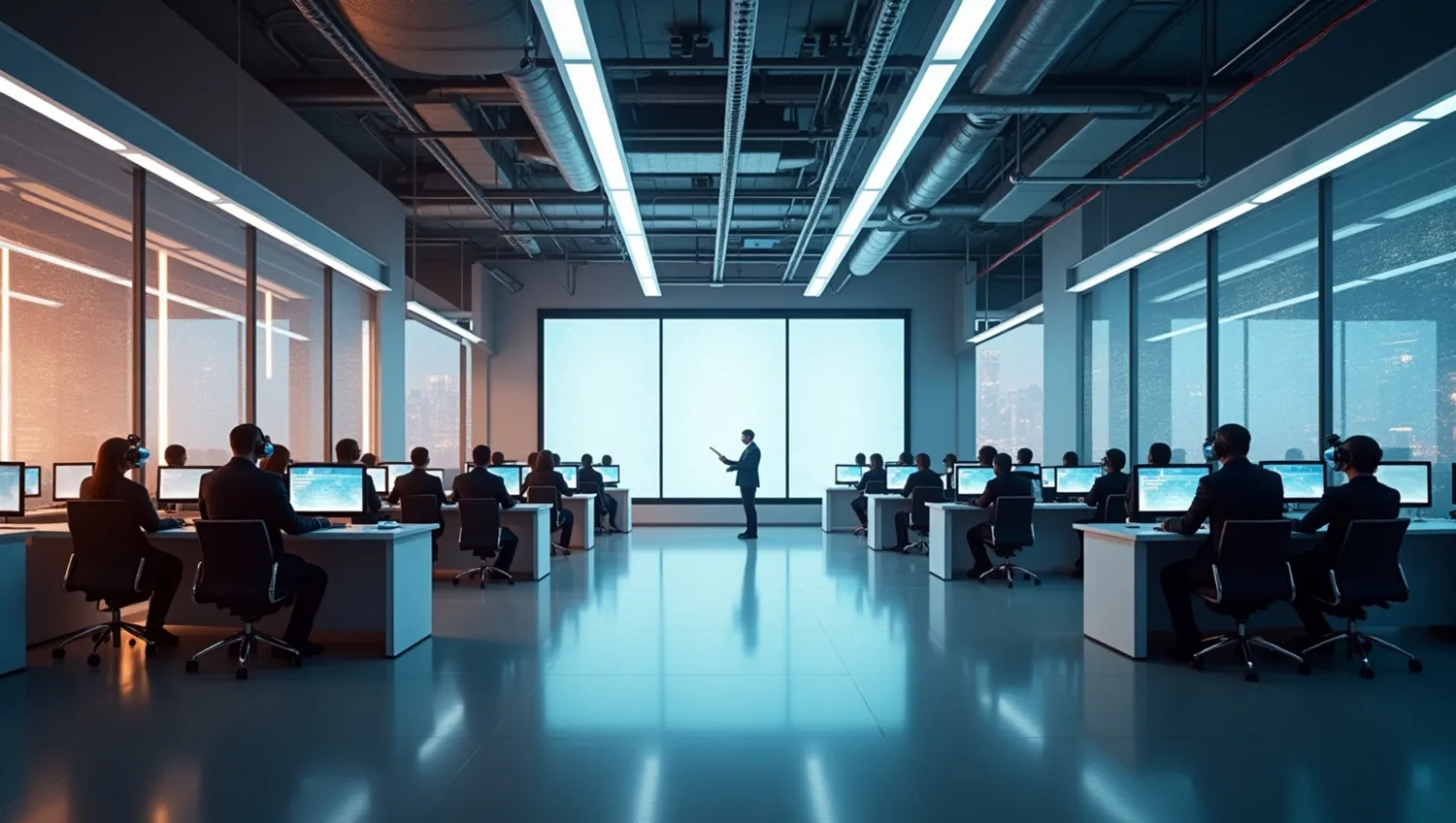
Import Independence
The project is built on domestic IT solutions. Russia’s tech sector has proven capable of creating sophisticated hardware-software systems that meet stringent industry standards, including those of the International Association of Oil & Gas Producers (IOGP).
In just a few years, Rosneft has evolved from experimenting with VR to building an ecosystem of digital twins and simulators: from the “Gerasimovskaya” substation model to a well management simulator with electric submersible pumps. This not only stimulates the domestic IT market but also creates export potential and demonstrates the maturity of Russia’s IT capabilities.
A Shift in Focus
The significance of this development goes beyond oil production—it reflects a paradigm shift across mining, metallurgy, and chemicals. Safety, traditionally seen as a set of rules and reactive measures, is moving into a proactive, preventive domain. Much of it can be algorithmized.
First, hazards are universal. High-altitude work is a risk for miners, metallurgists, and oil workers alike. A digital training model developed for one industry can be easily adapted to another. Second, VR allows unique scenarios. In a virtual environment, rare but catastrophic emergencies can be simulated endlessly without risk. Third, competency standardization. Such complexes ensure a consistent, high level of training across remote and dispersed assets—long a challenge for large corporations.
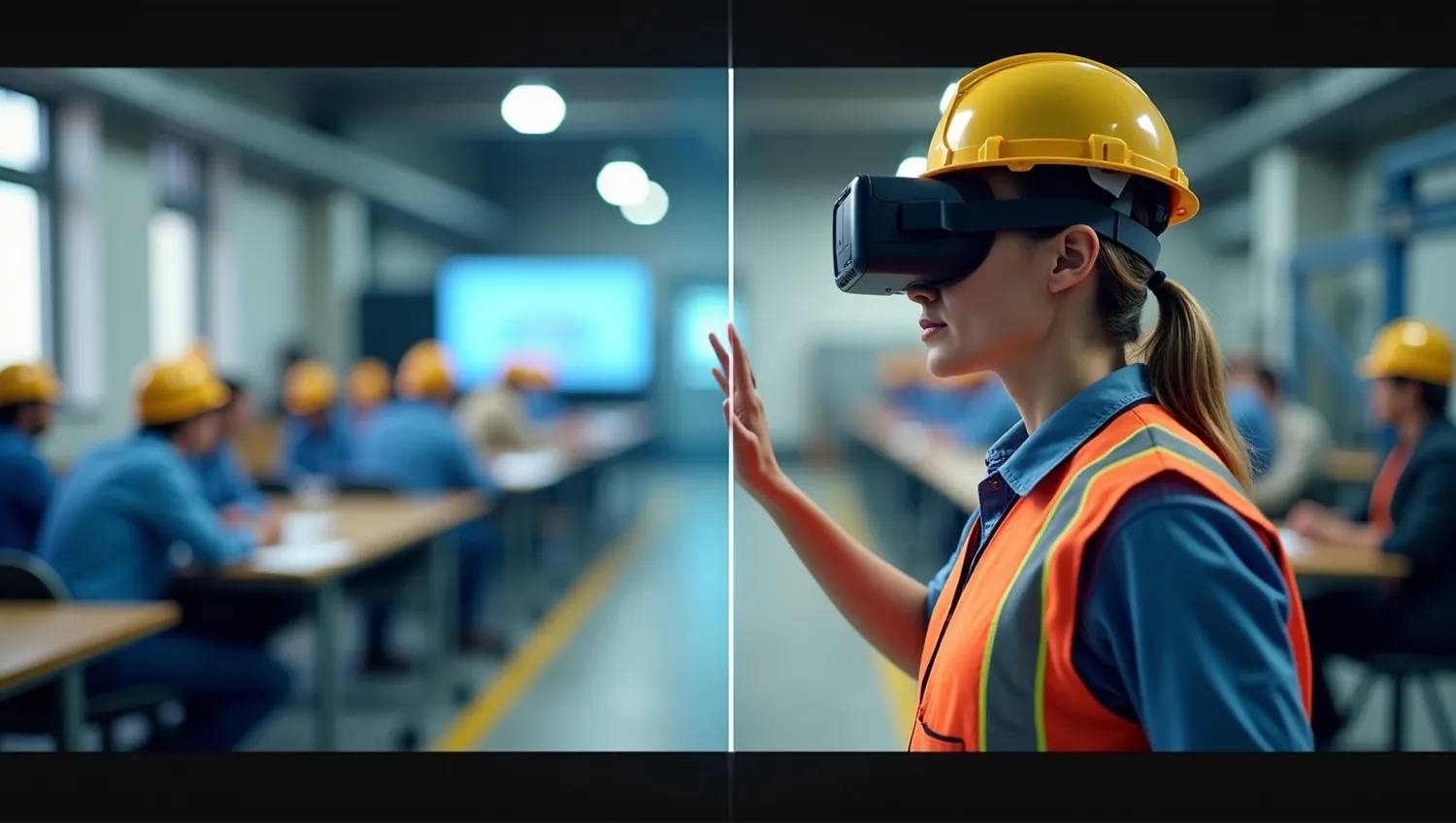
In the short term, this model is expected to spread rapidly to other Rosneft assets, with Gazprom Neft already developing similar solutions. For now, expanding training opportunities is central to strengthening safety culture and labor protection at one of Russia’s leading oil companies. Notably, by late 2023, Rosneft announced its in-house IT solutions had already replaced 80% of foreign software in key oil and gas processes.


